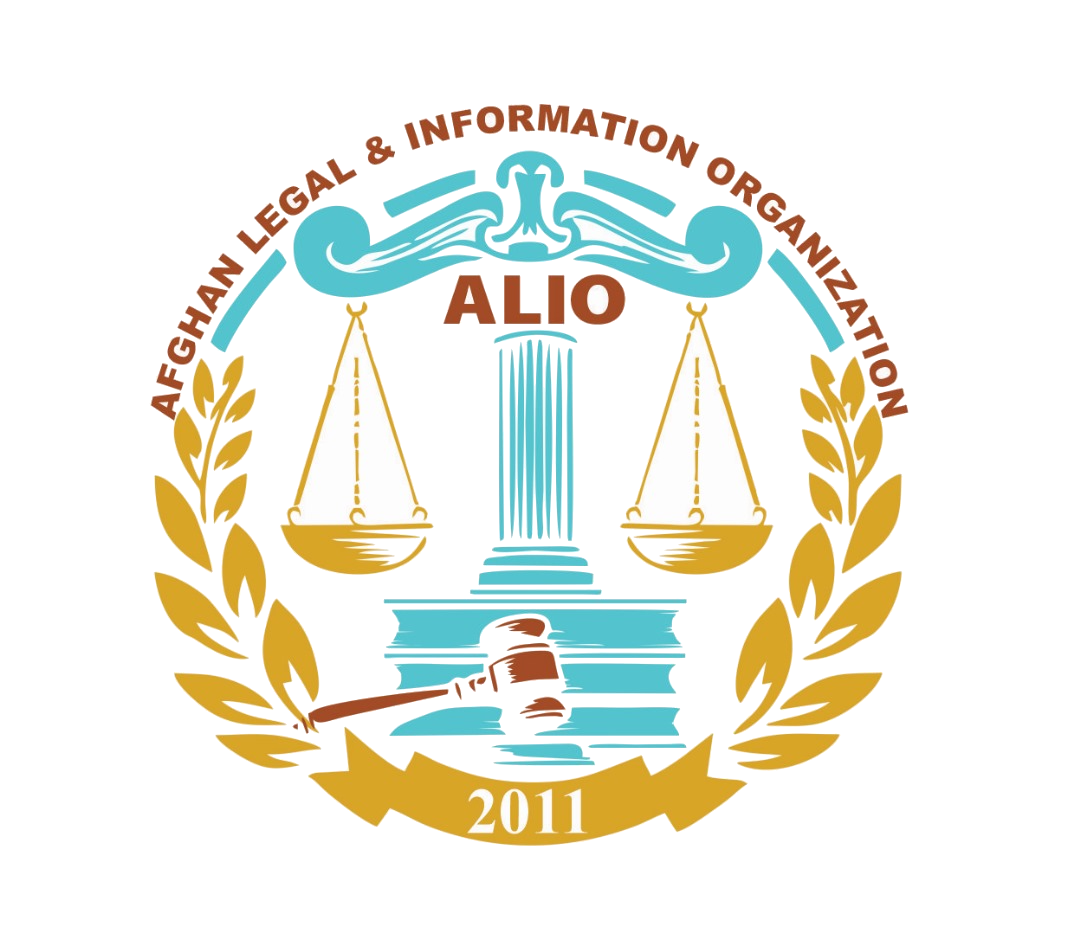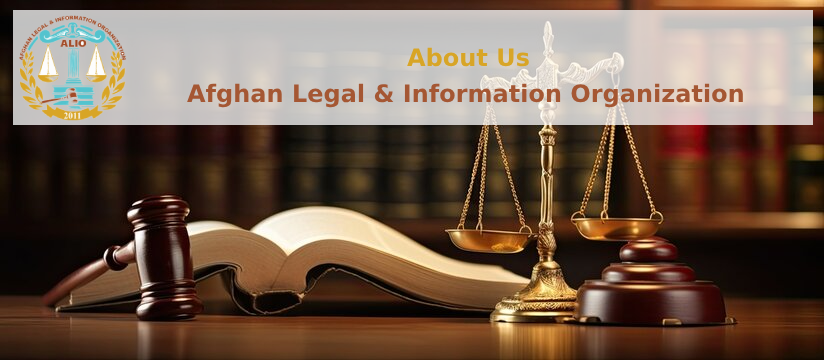-

-
-
Loading

Loading
ALIO Short Introduction: ALIO the Afghan Legal & Information Organization, is a voluntary, not-for-profit, non-sectarian, non political humanitarian organization established in 2011. The organization is dedicated to responding to communities affected by disasters and promoting social and economic development for the poor, marginalized, vulnerable, and disadvantaged populations of Afghanistan. ALIO also focuses on access to justice and promoting the rule of law. ALIO Registered with the Ministry of Economy at both central and provincial levels, ALIO envisions a transformed community where stakeholders actively participate in alternative social infrastructure that promotes environmental sustainability, disaster response, and community-managed resources. The organization aims to contribute to a balanced society and decentralized governance for the common good and welfare. ALIO's thematic areas of work include Community Development, Emergency Response, Women and Youth Empowerment, Agriculture and Food Security, Good Governance & Rule of Law, as well as Peacebuilding and Conflict Resolution (both formal and informal). Through its programs and initiatives, ALIO strives to create positive impacts on Afghan communities and contribute to sustainable development and peace in the region.


Our vision:
ALIO's vision is to create a transformed community in Afghanistan where stakeholders actively participate in alternative social infrastructure that promotes environmental sustainability, disaster response, and community-managed resources. The organization envisions a balanced society, with decentralized governance for the common good and welfare of all its members. ALIO aims to contribute to sustainable development, social justice, and peace building efforts in Afghanistan through its various programs and initiatives. As well as the establishment of a prosperous society, based on the principles of social justice, equity, and equality.
Our Mission:
ALIO's mission is to empower Afghan communities by providing them with the necessary tools, knowledge, and resources to create sustainable and resilient societies. The organization is committed to promoting environmental sustainability, disaster response preparedness, and community-managed resources through education, training, and capacity-building initiatives. ALIO works towards fostering a culture of active citizenship, social responsibility, and collaboration among diverse stakeholders to address the challenges facing Afghanistan and create positive change at the grassroots level.
Our Goals:
1. Promote environmental sustainability: ALIO aims to raise awareness about environmental issues in Afghan communities and implement projects that promote sustainable practices such as waste management, water conservation, and renewable energy solutions. 2. Build disaster response preparedness: ALIO works to educate communities on disaster preparedness and response strategies, equipping them with the knowledge and skills needed to mitigate risks and effectively respond to natural disasters such as earthquakes, floods, and droughts. 3. Support community-managed resources: ALIO facilitates the establishment of community-managed resources such as water systems, agricultural cooperatives, and micro-enterprises, enabling communities to take ownership of their resources and improve their livelihoods in a sustainable manner. 4. Foster active citizenship: ALIO promotes a culture of active citizenship by encouraging community members to participate in decision-making processes, engage in civic activities, and take responsibility for the well-being of their communities. 5. Facilitate social responsibility: ALIO encourages individuals, businesses, and organizations to act responsibly towards society and the environment, promoting ethical practices, social justice, and environmental stewardship. 6. Collaboration and partnership: ALIO collaborates with government agencies, NGOs, academic institutions, and other stakeholders to leverage resources, expertise, and networks for greater impact in addressing community development challenges in Afghanistan.